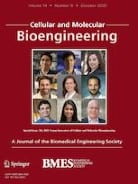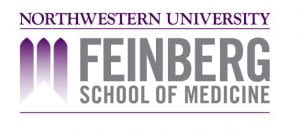Prindle Lab
Synthetic biology in microbial communities
Our aim
To understand and engineer collective behaviors in microbial communities
While bacteria are single celled organisms, we now understand that most bacteria on our planet reside in the context of structured multicellular communities known as biofilms. However, most bacterial research is still performed on domesticated lab strains in well-mixed conditions. We simply do not know enough about the biology and behavior of the most pervasive life form on our planet. It is our goal to discover and understand these behaviors so that we may apply our understanding to engineer biomolecular systems as solutions to challenging biomedical problems, such as antibiotic resistance. To do this, we also work on developing technologies that can characterize collective metabolic and electrochemical dynamics that emerge in the context of biofilms.
Meet US
Our Team
The Prindle Lab combines synthetic biology, computational
modeling, and custom microfluidic devices

We are currently recruiting the following positions:
Postdoctoral Scholars
Graduate Students
Undergraduate Students

Xia JY, Hepler C, Tran P, Waldeck NJ, Bass J, Prindle A. Engineered calprotectin-sensing probiotics for IBD surveillance in humans. Proceedings of the National Academy of Sciences (2023).

Everett BA, Tran P, Prindle A. Toward manipulating serotonin signaling via the microbiota–gut–brain axis. Current Opinion in Biotechnology (2022).


Quillin SJ, Tran P, Prindle A. Potential Roles for Gamma-Aminobutyric Acid Signaling in Bacterial Communities. Bioelectricity (2021).

